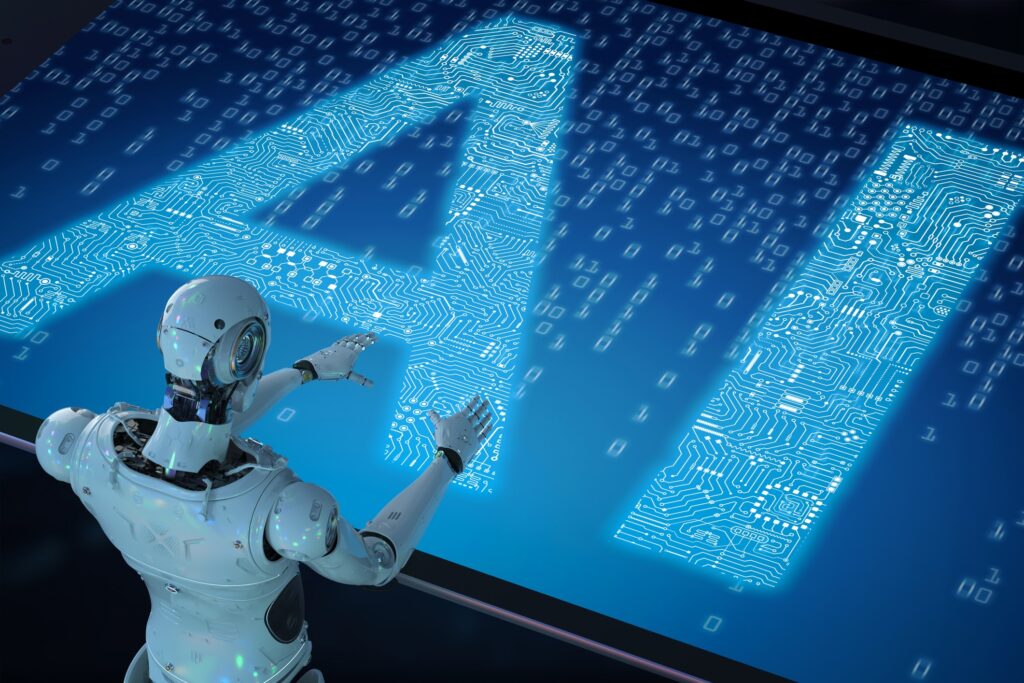The Catalyst of Change: AI in Business
In an era where the boundaries of possibility are continuously expanded by technological innovation, the impact of technology and artificial intelligence (AI) on businesses is both profound and pervasive. As we delve into the intricacies of this impact, it becomes clear that the wave of technological advancement is not just reshaping industries but is also redefining the very essence of how businesses operate, compete, and succeed in a rapidly evolving landscape.
The integration of AI into business operations has acted as a catalyst for unprecedented change. AI technologies, from machine learning algorithms to advanced data analytics, are enabling businesses to harness the power of their data like never before. These technologies empower companies to predict customer behavior, optimize operations, and innovate product offerings, thereby driving efficiency and fostering a competitive edge.
Redefining Customer Experiences
One of the most visible impacts of technology and AI is the transformation of customer experiences. Personalization, powered by AI, has set new standards for customer engagement. By analyzing customer data, businesses can now deliver personalized experiences, tailored recommendations, and proactive service solutions that were once the realm of science fiction. This level of personalization not only enhances customer satisfaction but also strengthens brand loyalty and drives revenue growth.
Beyond customer-facing applications, AI and automation technologies are revolutionizing back-end operations. From supply chain optimization to automated customer service interfaces and predictive maintenance, AI is enabling businesses to streamline operations and significantly reduce costs. Furthermore, these technologies are enhancing productivity by automating routine tasks, allowing human employees to focus on more strategic and creative endeavors.
Driving Innovation and New Business Models
The advent of AI and related technologies has been instrumental in driving innovation across industries. It has enabled the creation of new products and services, from AI-powered health diagnostics to smart home devices and autonomous vehicles. Moreover, AI is at the forefront of creating entirely new business models, such as platform-based ecosystems that leverage network effects to create value for users and providers alike.
However, the integration of technology and AI in business is not without its challenges. Privacy concerns, ethical considerations, and the need for transparent AI systems are increasingly coming to the forefront. Businesses must navigate these issues carefully to maintain trust and comply with evolving regulations. Additionally, the digital divide and the risk of job displacement due to automation are societal challenges that require thoughtful solutions and investments in workforce development.
The Future is Now
As we look to the future, the role of technology and AI in business is set to grow even more significant. With advancements in AI, quantum computing, and the Internet of Things (IoT), the next wave of technological evolution promises to unlock new opportunities and challenges alike. Businesses that are agile, innovative, and ethically grounded in their use of technology will be well-positioned to thrive in this dynamic environment.

The impact of technology and AI on businesses marks a transformative phase in the corporate world, characterized by enhanced efficiencies, innovative products and services, and personalized customer experiences. As businesses continue to navigate this digital transformation, the focus must remain on leveraging technology responsibly and ethically, ensuring that the benefits of AI are distributed equitably across society. In doing so, the promise of technology and AI can be fully realized, heralding a future where businesses not only prosper but also contribute to the greater good of humanity.


